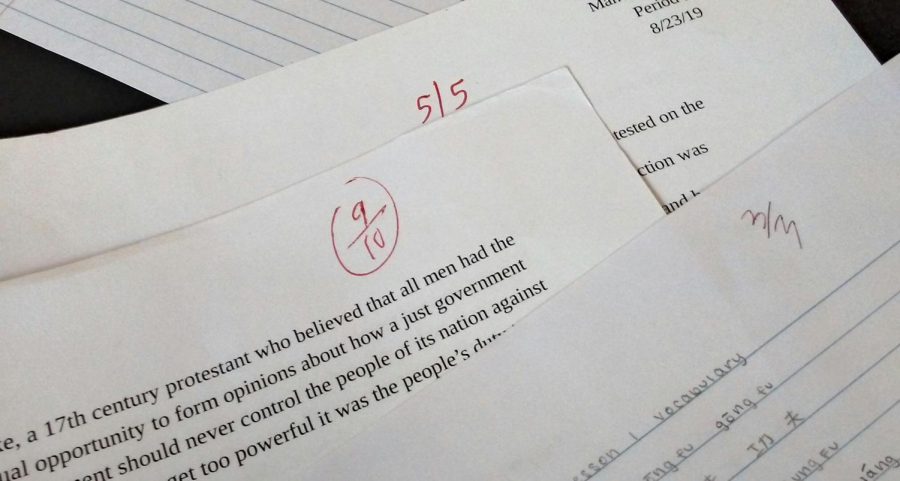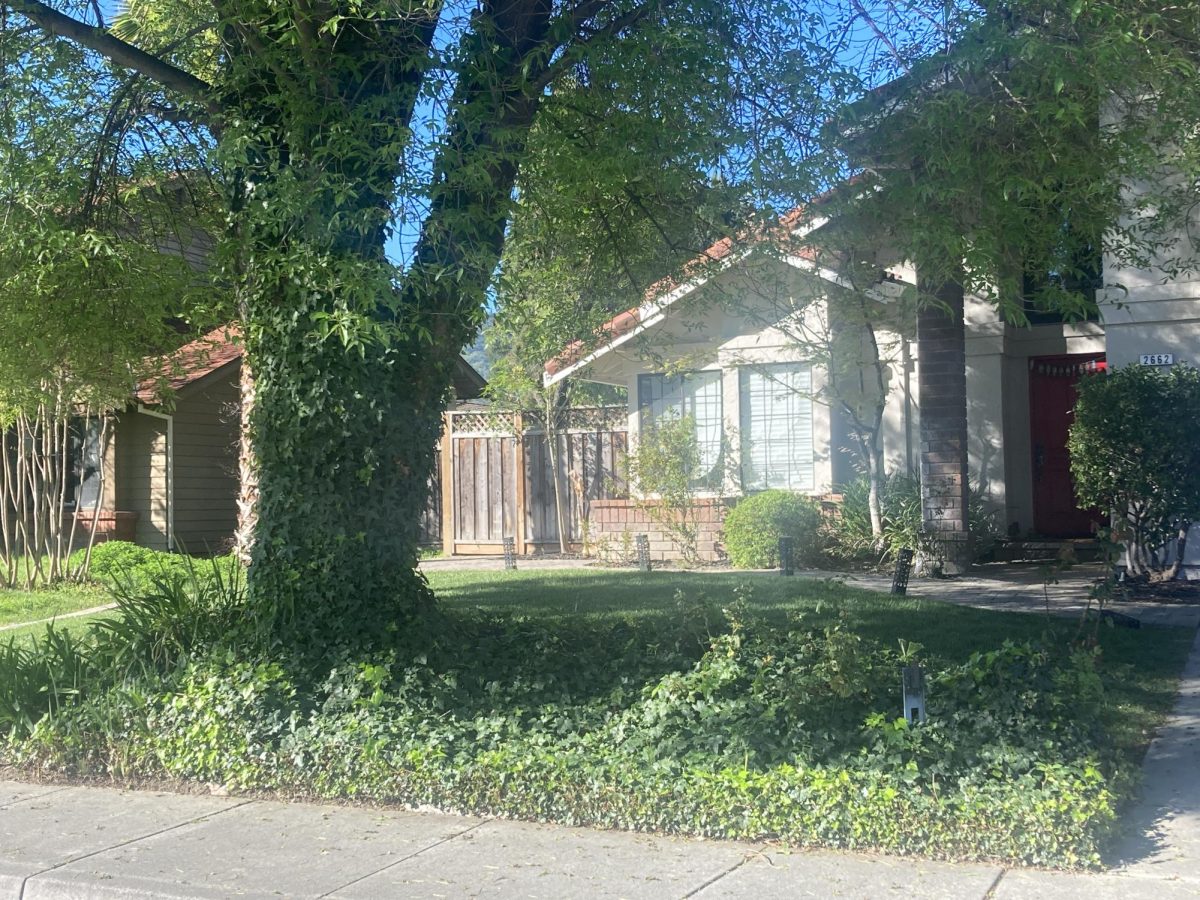Teachers face new grading challenges
Maintaining academic integrity amidst remote learning has been a difficult task for many teachers.
September 9, 2020
Classwork, assessments, homework, and projects are all being submitted to teachers online. However, grading this digital work presents new challenges for teachers.
“Grading is taking me much longer online than with hard copies. Tracking and commenting on content, structure, examples, and reasoning with physical papers was faster for me and, I believe, more informative for students,” said AP Psychology teacher Sarah Melvin.
Responding to a student’s work is no longer as simple as jotting down feedback in the margins, making grading a slower process. Furthermore, teachers have less time for grading because they must prepare for digital instruction.
“I find myself prioritizing my lesson plans and recording lesson videos over grading currently because I want to ensure all the lessons are prepared each week,” said math teacher Linda Hammervold.
Sometimes, squeezing in time to grade work can be almost impossible.
“I end up grading when I can find some free time – which can be hard to come by while trying to maintain my mental health, physical health, and other aspects of being a teacher,” said Hammervold.
Lastly, grading digital assignments can be less rewarding, as it lacks the same sense of completion.
“There used to be that feeling of satisfaction when working through a pile of papers…In the digital format, they technically can be marked done, but they are always still listed,” said English teacher Danielle Hubbard.
Online grading may be slower at the moment, but it takes time to adjust to a new way of grading.
“Using technology to grade has the ability to make the grading go faster, but it is only if one knows how to effectively use it. That will be my professional journey for this year,” said Hubbard.





